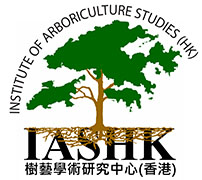the fertilized. ripened ovule of a flowering plant found in the embryo. seed leaf
In botany, a seed is a plant embryo and food reserve enclosed in a protective outer covering called a seed coat (testa). More generally, the term "seed" means anything that can be sown, which may include seed and husk or tuber. Seeds are the product of the ripened ovule, after the embryo sac is fertilized by sperm from pollen, forming a zygote. The embryo within a seed develops from the zygote and grows within the mother plant to a certain size before growth is halted.

The formation of the seed is the defining part of the process of reproduction in seed plants (spermatophytes). Other plants such as ferns, mosses and liverworts, do not have seeds and use water-dependent means to propagate themselves. Seed plants now dominate biological niches on land, from forests to grasslands both in hot and cold climates.
In the flowering plants, the ovary ripens into a fruit which contains the seed and serves to disseminate it. Many structures commonly referred to as "seeds" are actually dry fruits. Sunflower seeds are sometimes sold commercially while still enclosed within the hard wall of the fruit, which must be split open to reach the seed. Different groups of plants have other modifications, the so-called stone fruits (such as the peach) have a hardened fruit layer (the endocarp) fused to and surrounding the actual seed. Nuts are the one-seeded, hard-shelled fruit of some plants with an indehiscent seed, such as an acorn or hazelnut.
